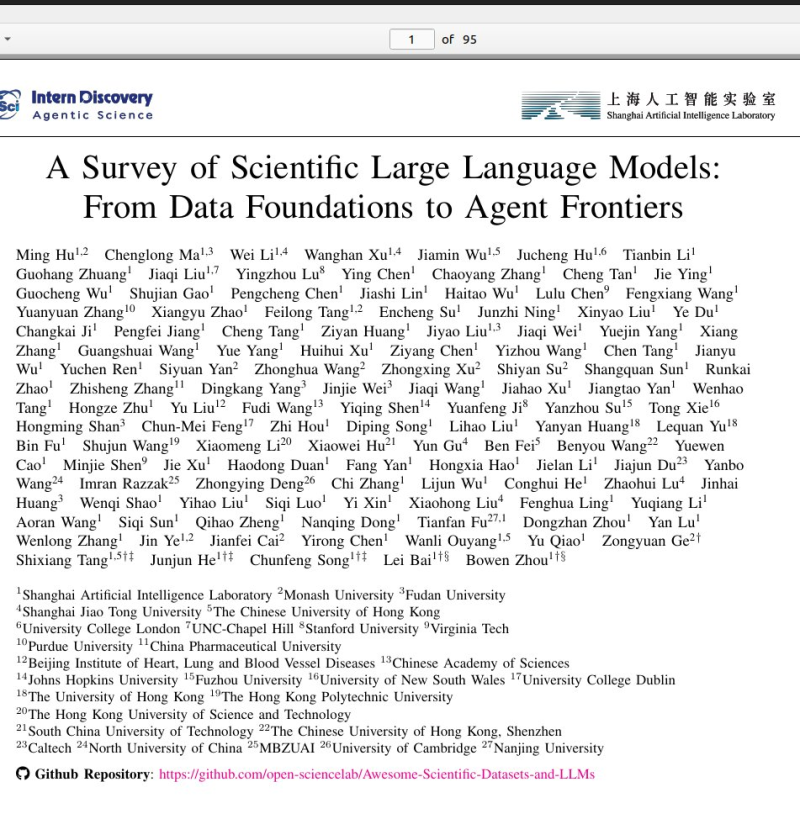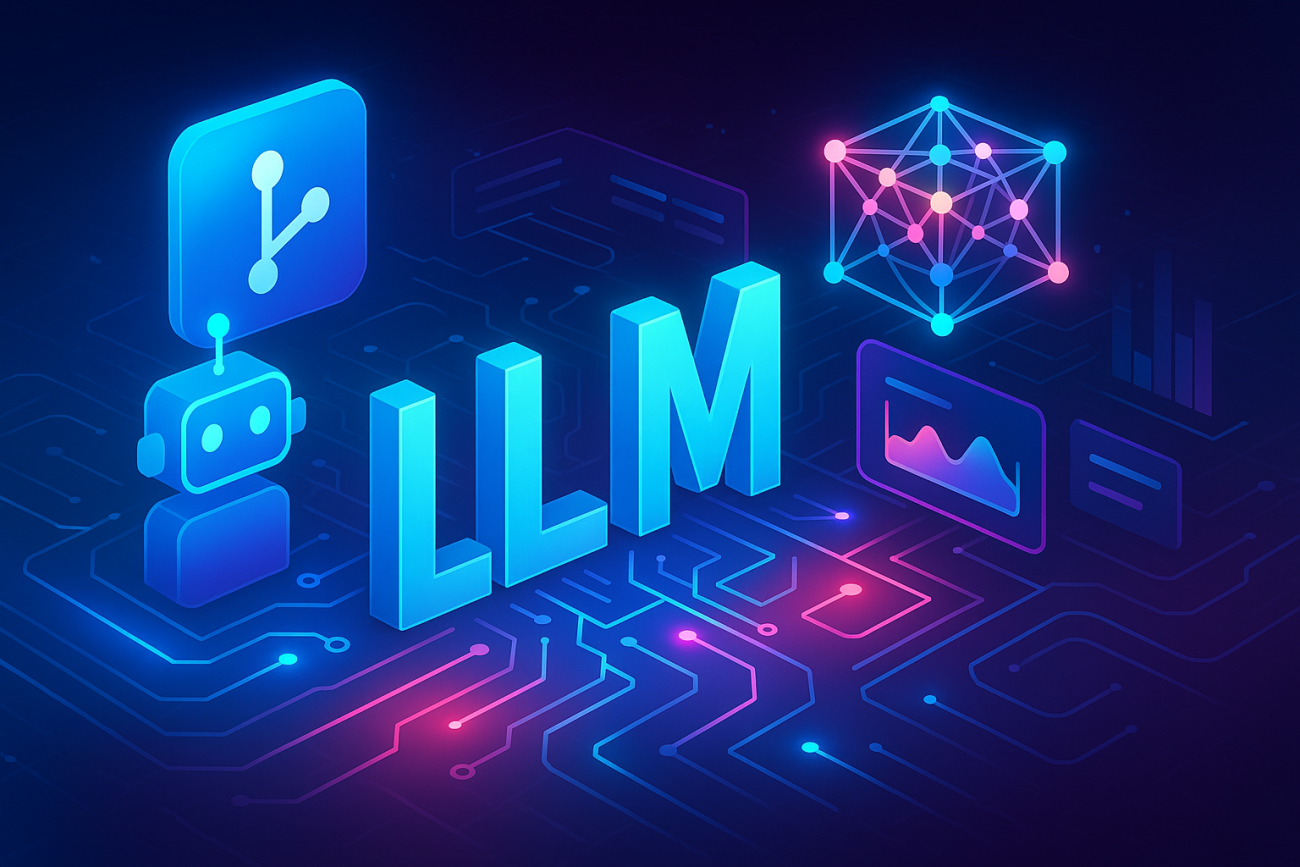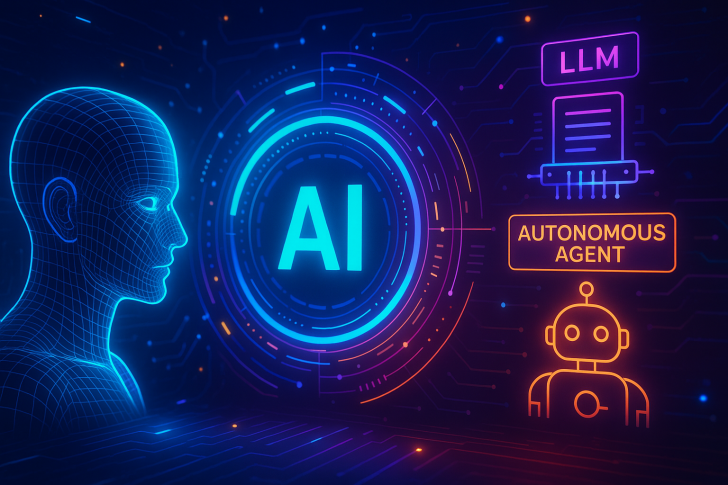⬤ Shanghai Artificial Intelligence Laboratory just dropped a massive 94-page survey that digs into how scientific large language models are changing the game with data foundations and agent-focused designs. The research covers 270 datasets and 190 benchmarks, making it clear why standard LLMs struggle with scientific work—they're dealing with a messy mix of text, tables, formulas, code, images, and uncertain measurements all at once. The whole point is that scientific models need to handle this chaotic, multi-format data reliably.

⬤ The survey lays out a unified way to categorize scientific data and breaks down scientific knowledge into layers, from raw observations up to domain rules and theoretical frameworks. This setup helps guide both pre-training and fine-tuning using carefully selected datasets that respect scientific constraints while letting models reason across different formats. The paper maps out scientific LLMs in physics, chemistry, biology, materials science, earth science, astronomy, and general scientific assistants, showing how each field shapes what models need to do.
⬤ When it comes to testing these models, there's a noticeable shift happening. Instead of simple question-and-answer tests, evaluations now look at the whole reasoning process—how models use tools, handle multi-step tasks, and produce quality outputs along the way. The survey also describes new closed-loop systems where scientific agents plan experiments, run simulations or lab tools, check results, and update what they know. These loops connect models directly to real experiments and computational work, pushing scientific LLMs toward actually autonomous research systems.

⬤ This research matters because it shows AI moving toward systems that can work with evidence and understand scientific processes. As more people get interested in models that handle multimodal data and run experimental loops, scientific LLMs look set to become core parts of research infrastructure. Their combination of data handling, reasoning, and autonomous action could genuinely change how discoveries happen in both academic labs and industry settings.
 Marina Lyubimova
Marina Lyubimova

 Marina Lyubimova
Marina Lyubimova


